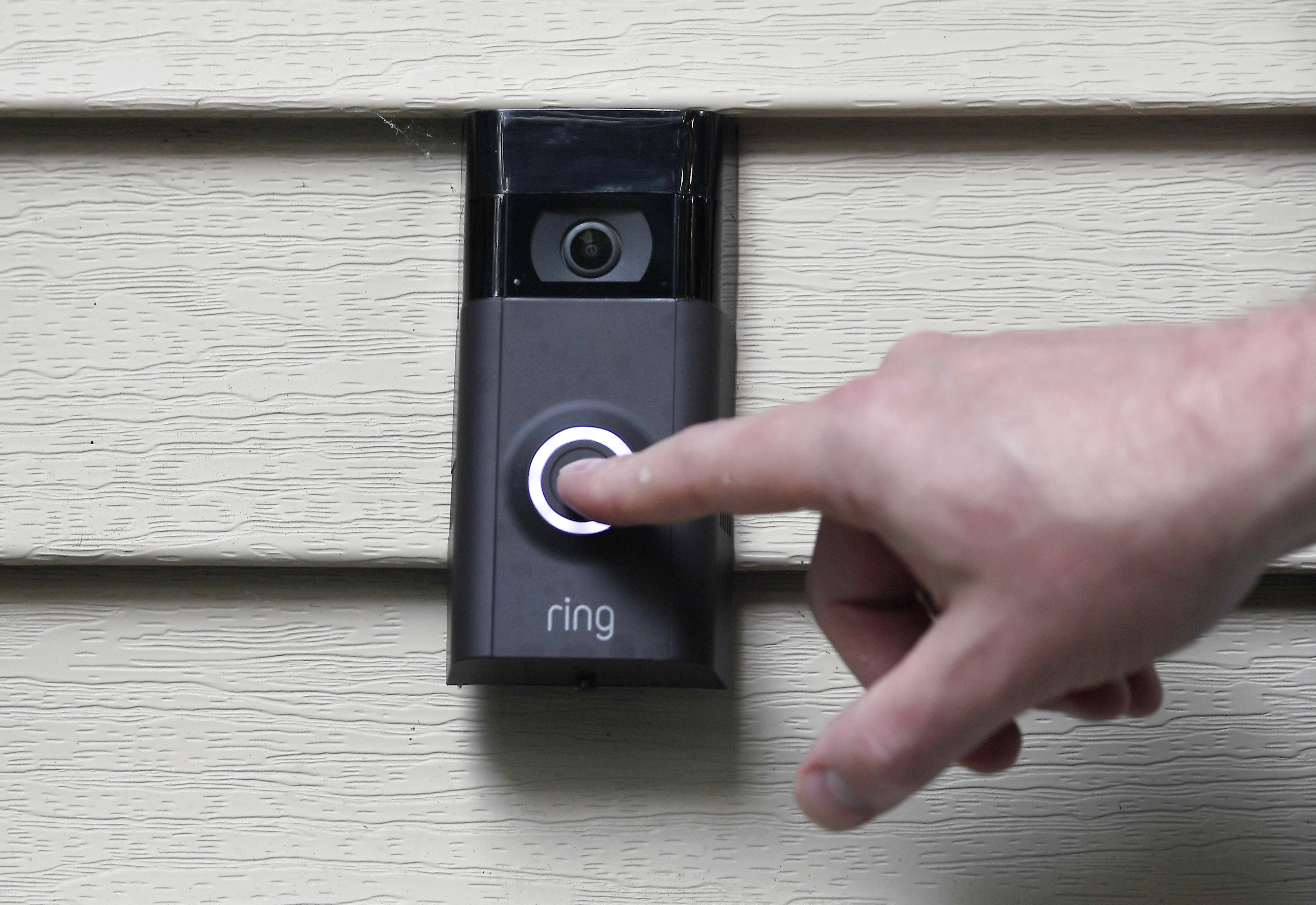Bruce Springsteen said earlier this year that he would not be hitting the campaign trail in support of Barack Obama, as he had in 2008. But then The Boss saw Obama's poll numbers plummet in the wake of the first presidential debate, and the singer decided he had no choice but to hit the stump.
Popular musicians have always been political, but at various times their ardor for presidential campaigns has been dampened by accusations of Communism, the Vietnam War and threats of deportation. Those days are now long gone.
Though campaign songs have been a part of presidential politics going back to the 1700s, the musician as campaigner is a fairly recent phenomenon, says Stephen Sigmund, a strategic communications professional for Global Strategy Group who also teaches Working with the Media and Political Communications at Columbia University.
"It definitely did not seem to be a thing until Sinatra and Kennedy. (Presidential candidates) had theme songs, like 'I Like Ike,' but they didn't seem to have popular musicians," said Sigmund. "But it wasn't so much [Sinatra] as a musician as it was a celebrity and kind of emblematic of a new era — hip and cool and smoky and Vegas."
Sinatra's political activism dated back to the 1940's, but his support in 1948 for Progressive Party candidate Henry Wallace stained the singer with the taint of Communism. As a result, Sinatra's name would be mentioned a dozen times during the HUAC hearings and played a part in his career's nosedive. But his passion for politics never wavered, though his affiliations did swing 180 degrees once the Kennedys spurned him in the early '60s.
The '60s, of course, were a time of great political upheaval and activism, but with the war in Vietnam, President Lyndon Johnson was an incredibly polarizing figure, even for those on the left, making him a tough pill to swallow for most rockers.
"It was much more issue-oriented than campaigning for specific people, if you were a music fan, you kind of knew where your favorite musician stood," says John Schaefer, host of WNYC’s Soundcheck and New Sounds. "In a sense, that really is the tradition of musicians and political campaigns in this country: 'I write my songs, you can draw your conclusions about what my politics are and who I might be supporting, and I'm happy for you to do that but I'm not gonna get out there and campaign for these people.'"
So though Joan Baez was singing for peace and against nuclear power, Johnny Cash was visiting Nixon to talk about prisoners' rights and Elvis wanted to help out in the War on Drugs, most musicians weren't really terribly vocal about electoral politics, which could come at a price.
"John Lennon opposed Nixon in 1972 -- and Nixon tried to deport him as a result," notes Jon Wiener, a history professor at the University of California in Irvine and author of "Come Together: John Lennon in His Time."
As the nation slid into its post-Watergate funk and the "Me Decade" arose, popular American music largely morphed from rallying cry to disco and easy listening. It wouldn’t be until 1984 that a rock star would take center stage in a political campaign.
"Springsteen himself has really been a leader in the emergence of musicians as an important component of presidential poultices," says Sigmund. "He's played a big role in a number of campaigns."
"'Who are the musicians for?' really started with that fight about 'Born in the USA,'" adds Sigmund. "The song itself… really got identified with the Reagan campaign despite (Springsteen's) best efforts."
President Reagan's team, like a lot of people, mistook Springsteen's post-Vietnam rage for patriotism, and tried to claim the rocker's mantle, a move The Boss quickly rebuffed. Reagan's opponent that year, Walter Mondale, foolishly tried to claim Springsteen for himself and was similarly sent packing.
"Someone like Springsteen, who's always had a kind of political bent to his songwriting and kind of fits that '60s mold to that extent, this is a guy who, even if you thought you knew who he was going to, in his heart of hearts, vote for when election day came along, he always tried to stay out of the fray," notes Shaefer. "Even this year he was saying he was just not going to get involved again."
And the man who 28 years ago was dragged into the fray is now among those leading the charge. On Oct. 17, Springsteen posted a letter on his website telling fans he planned to "be in Ohio and Iowa supporting the re-election of President Obama to lead our country for the next four years."
"What changed was the political culture, the political climate in Washington, the divisiveness, it has become toxic and paralyzing," says Schaefer. "Whatever you may have thought of Reagan as a president or Clinton as a President, there were enough people on the other side of the aisle willing to work with them that they were able to get things done."
We'll have to wait until Nov. 6 to see just how much sway Springsteen's support of Obama carries, but Sigmund doubts it'll make a big difference.
U.S. & World
"No. I don’t think so," says Sigmund, who in addition to being a Democrat is a huge Springsteen fan. "I think what they can do is help a perception, a preexisting perception of a candidate."
Sigmund feels that it's songs rather than singers that can really galvanize an electorate, citing will.i.am's "Yes We Can," which he recorded in support of Obama in 2008.
But Schaefer disagrees, saying that the power of songs like "Tippecanoe and Tyler, Too" are far behind us.
"A song can’t say anything other than what it says, while a singer can issue press releases, go to Ohio, all the things that Jay-Z and Bruce Springsteen are doing," says Schaefer. "We have lots of faster, quicker ways to spread the word than through a song, and one of them is the ability of a singer to reach his or her entire fanbase in 140 characters in 30 seconds."



